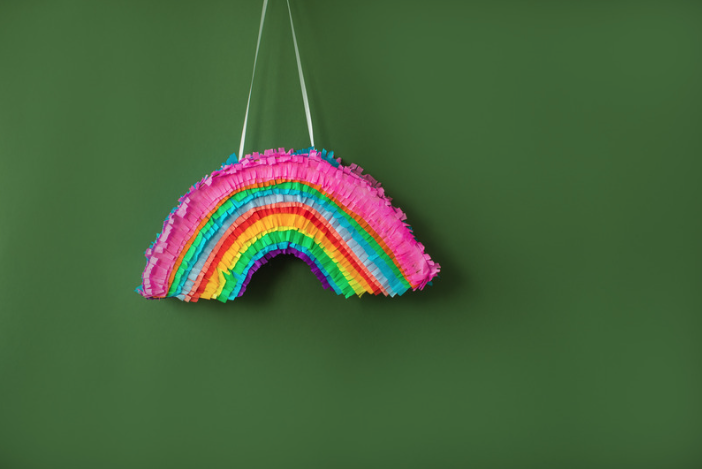This week, as my daughter celebrated her sixth birthday, I found myself immersed in reflections on her growth and the person she’s blossoming into. These moments of reflection brought a realization: we naturally highlight the strengths and positive aspects in children, but as we grow older, this tendency wanes.
Yet, recognizing and nurturing our strengths is crucial for our well-being and resilience. In today’s letter, let’s rediscover and develop these personal strengths together.

Understanding & Exploring Strengths
Strengths are innate capabilities and talents unique to each individual. They’re more than just skills; they’re part of your core, integral to who you are and how you naturally excel. Understanding your strengths is about recognizing these inner qualities and harnessing them to enhance your life.
To begin exploring your strengths, consider the following questions:
- What are you good at? Think about activities or tasks where you naturally excel.
- What do you enjoy doing? Reflect on the things that bring you joy and satisfaction.
- In which areas have you been most successful? Recall your achievements and what contributed to them.
- What makes a day really good for you? Identify the elements that make your day fulfilling.
- Which activities energize you? Consider what tasks or hobbies leave you feeling invigorated.
Let’s use a practical example. If I asked my son about his strengths, he might say “basketball.” To delve deeper, I would ask, “What makes you good at basketball? What personal qualities contribute to your success in this sport?” These questions help distinguish between specific skills (playing basketball) and underlying strengths.
Using the questions above, read through the strengths below. Write down any strengths that resonate.

How to Develop Your Strengths
Now that you’re aware of your strengths, it’s time to think about how you can apply them in new and exciting ways. Ask yourself:
- New Opportunities: Where can you apply your strength that you haven’t before?
- Utilization: Are there areas where you could be making better use of your strength?
- Impact: How do your strengths affect others, and what feedback have you received about this?
- Optimization: When do you feel you’re at your best, and how can you create more of these moments?
Let’s move from theory to practice. Consider a current problem or challenge you’re facing. Now, step back and remind yourself of your core strengths. How can these strengths offer a fresh approach to this problem?
For instance, if you’re disciplined and focused, like my son with basketball, apply that discipline to areas you find challenging. My son, though he struggles with homework, found that by applying his disciplined approach to learning about basketball to his studies, he could transform his experience. He shifted from a mindset of dread to curiosity, using videos and interactive methods to engage with his homework. This not only lessened his aversion but also brought some enjoyment to the task.
Start thinking about how you can personalize more of your experiences using your strengths. Over the next week, identify one or two small ways you can integrate your strengths into your daily life. Remember, even small changes can have a significant impact. By actively engaging with your tasks and responsibilities through the lens of your strengths, you can transform the way you experience them.


